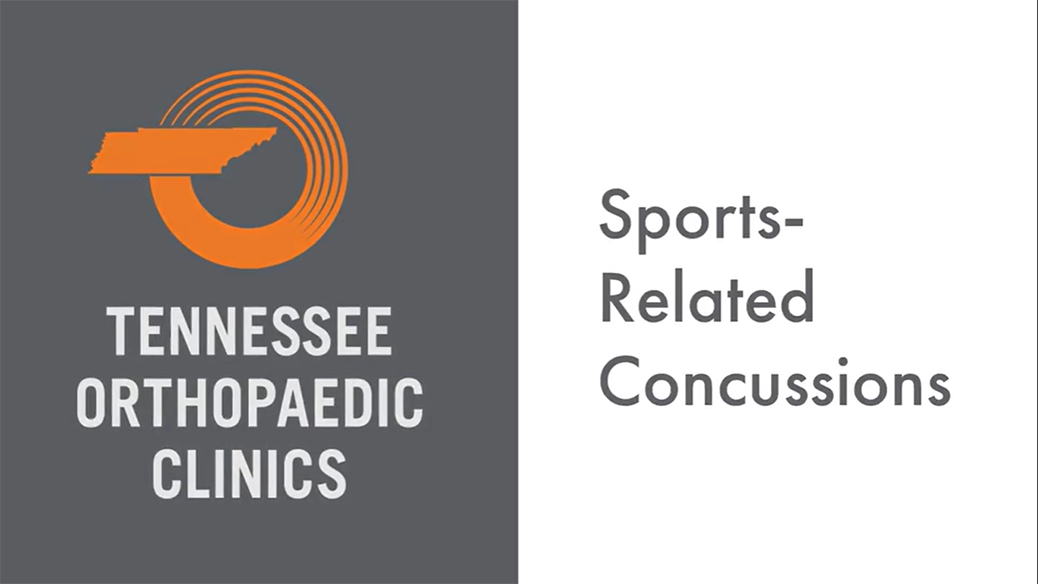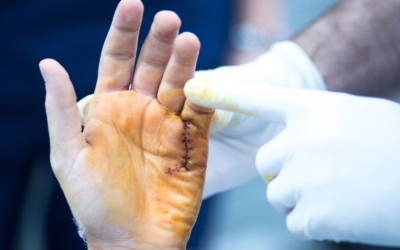Today Dr. Chase Wilson, a primary care sports medicine specialist is going to discuss sports-related concussions. He practices at our Fort Sanders regional office, our Parkwest office, our Oak Ridge office, and our Sevierville office.
Sports-Related Concussion Injuries
A sports-related concussion is an injury to the brain that has occurred due to bio-mechanical forces. The forces may come from a blow to the head or from a blow to the body with the forces transmitted to the head. This is a functional rather than a structural injury of the brain.
Symptons of a Sports Related Concussion
Symptoms of a sports-related concussion can vary. Common symptoms include headache, dizziness, difficulty concentrating or remembering. Also, patients will feel slowed down or in a fog.
How to Diagnose a Concussion
Conventional imaging such as CT scanning and MRI scanning cannot confirm or deny a concussion. The diagnosis is made based on the history that the patient provides, as well as the physical examination, and a set of neurocognitive tests that are standardized to help assess the symptoms and make the diagnosis.
What to do if you think you have a concussion
If a patient suspects they have a concussion, they should limit their physical and mental exertion. They should limit or completely avoid screen time. They should fuel their body well with a healthy diet and lots of water. They should get plenty of sleep. And again, they should seek the care of a primary care sports medicine specialist. Once the diagnosis of concussion has been made and the patient begins to show some signs of improvement, the sports medicine specialist will direct that patient on more specific physical activities, as well as mental activities, that will help to rehabilitate the brain and assist in recovery.





